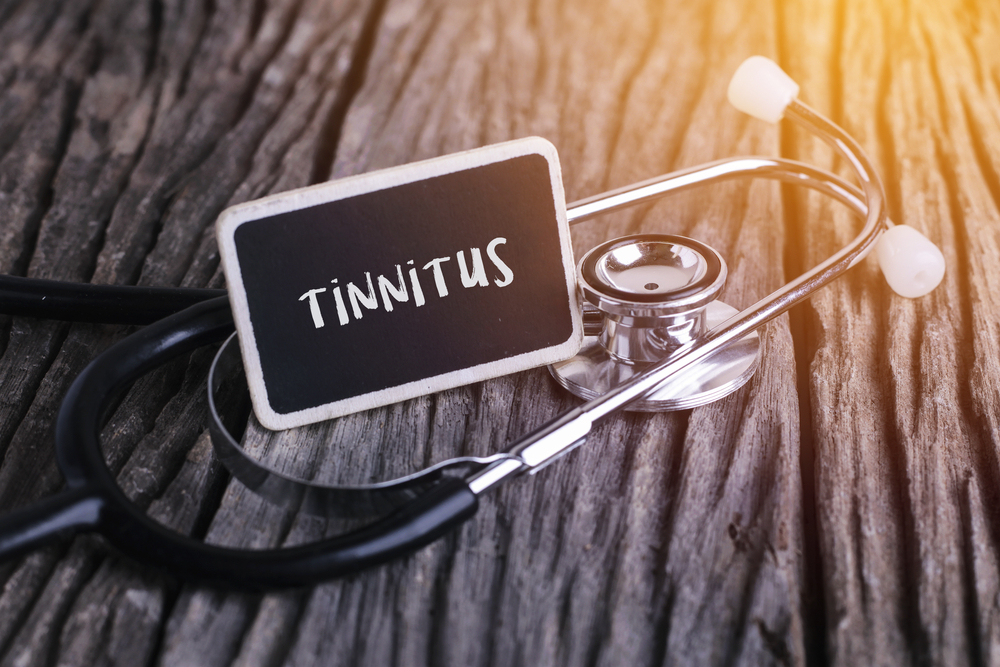Tinnitus, often described as a ringing or buzzing in the ears, is a complex condition that can affect individuals in various ways. It’s not a condition that exists in isolation; rather, it frequently coexists with other medical issues, creating a web of interconnected health challenges. The human body is a highly intricate system, where one malfunction can lead to ripple effects throughout different areas of health. Understanding these associations is essential for effective management and treatment.
The complexity of tinnitus
Tinnitus affects approximately 15% of the population, with many individuals experiencing it chronically. The relationship between tinnitus and other medical conditions can be intricate, often making it challenging to discern which came first—tinnitus or its associated issues. This overlap of conditions is known as comorbidity, a term that describes the presence of two or more disorders in an individual simultaneously.
While we may not fully understand the precise connections between these conditions, their occurrence together is significant and warrants further examination.
Hearing loss and tinnitus
One of the most common comorbid conditions associated with tinnitus is hearing loss. The two frequently coexist, with studies indicating that around 39% of individuals with tinnitus also report some degree of hearing loss. However, this percentage may be underestimated. Other surveys suggest that this figure could be as high as 50%, as many individuals may have subtle levels of hearing loss that go unnoticed.
The interplay between tinnitus and hearing loss can be reciprocal; for some, the onset of hearing loss may lead to tinnitus, while others may develop hearing loss as a consequence of their tinnitus. Fortunately, various treatment options are available for both conditions, allowing for improved quality of life.
Mental health implications
The impact of tinnitus extends beyond the auditory realm, influencing mental health and emotional well-being. Many individuals experiencing tinnitus report higher levels of depression, anxiety, and stress. This correlation often stems from social isolation; difficulties in communication due to persistent ringing in the ears can lead individuals to withdraw from social situations, exacerbating feelings of loneliness and despair.
Health professionals are increasingly aware of the interplay between tinnitus and mental health, emphasizing the importance of addressing these concerns. Treatment options such as counseling and cognitive-behavioral therapy can be effective in managing these co-occurring conditions.
Meniere’s disease and tinnitus
Meniere’s disease is another condition that can manifest alongside tinnitus. Characterized by episodes of vertigo, this inner ear disorder can also lead to sporadic tinnitus. The unpredictable nature of Meniere’s disease, including its potential to worsen with age, can create significant challenges for those affected.
Recognizing the relationship between Meniere’s disease and tinnitus is crucial for comprehensive care, as addressing one condition may alleviate symptoms of the other.
Other hearing disorders related to tinnitus
Several additional hearing disorders may also co-occur with tinnitus, albeit less frequently. These disorders can alter how individuals emotionally respond to sounds and may include:
- Phonophobia: This condition involves an exaggerated fear response to certain sounds, leading to heightened anxiety in situations where those sounds occur.
- Misophonia: Individuals with misophonia experience intense emotional reactions—often negative—toward specific sounds, which can significantly impact daily life.
- Hyperacusis: Those with hyperacusis may perceive certain sounds as disproportionately loud, creating discomfort in otherwise normal auditory environments.
What are treatment options for tinnitus?
Regardless of the medical conditions associated with tinnitus, understanding that treatment options are available is crucial. Whether through the use of sound therapy, cognitive-behavioral therapy, or hearing aids, patients can find strategies to manage their symptoms effectively. For some, utilizing specific devices can provide relief from the persistent ringing, while others may benefit from a comprehensive approach that addresses both tinnitus and its associated conditions.
Consulting with healthcare professionals who understand the multifaceted nature of tinnitus can help individuals develop personalized treatment plans. This holistic approach not only aims to alleviate the ringing in the ears but also to enhance overall well-being by considering the full spectrum of associated health issues. By addressing both tinnitus and any accompanying conditions, individuals can work towards a healthier, more fulfilling life.
Find an expert near you for a personalized plan to manage your tinnitus.



